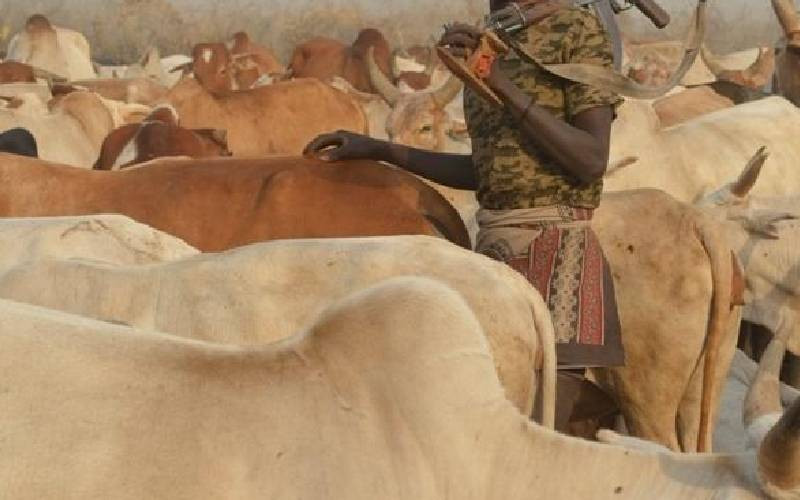Party politics aside, the closing down of miraa markets in strategic European countries is proving to be a key relational factor between the vote-rich Meru region and Jubilee administration.
The matter of the ban remained sticky through-out the preparatory meetings of the presidential tour of the region and was severally raised during the tour which began yesterday.
County Governor Peter Munya says despite the county government using all means possible to reverse the ban and its effects, it has exhausted its capacity.
Munya, now wants the national government to take up the miraa issue as a trade dispute between Kenya and the European Union under the World Trade Organisation framework.
"It is the biggest issue sticking out. It is our submission that where the matter has reached now, our national government should use its good offices to deal with those who have closed up their markets to our products without following due process," he told The Standard on Saturday in an interview.
Close to 800,000 residents are affected by the miraa ban in Netherlands and UK. Accessing the Somali market has also in the recent past proved difficult owing to ongoing military operation in the country and the threat of Al Shabab terror network.
Munya says the people of Meru feel let down by the countries which have banned Miraa. He says they have abused the international trade principle of reciprocity by closing up their market to a key Kenyan product while at the same time continuing to reap from the Kenyan market.
"Apart from taking up the dispute, we would want our national government to help us develop alternatives to Miraa. They have more muscle than us," he says.
By Thursday and prior to the President's visit, other regional development grievances had been sorted in the preparatory meetings. The biggest grievance had been the county allocation of meager 8 kilometres of the national government's annuity roads programme in the current financial year.
Area leaders led by Munya and Senator Kiraitu Murungi took it up with the national government threatening to ditch Jubilee. The government has since acquiesced and multiplied that allocation by up to 20 times.
"Yes, we complained about it and we eventually agreed on 180 kilometres. We also complained about dams. We gave out a list of dams we wanted done and they agreed to chip in," Munya said in the interview.
The other issue has been demand for more public service appointments considering the regions overwhelming support for Jubilee in the last General Election. Munya agrees the issue is acute especially the Nyambene area.
"We understand government appointments are not a one day affair. We have been assured and we know that the government will do something."
On matters politics, it seems the matter of Jubilee Alliance Party (JAP) is not settled though. When the idea was floated last month, Murungi appeared to support it but not Munya. The matter eventually came up before the Meru Political Leaders Forum last week.
The forum comprises all area elected leaders including MCAs with Kiraitu as the chair and Munya as the convernor. The group has since split in the wake of the Njuri Ncheke coup. MPs David Kareithi, Rahim Dawood, Kathuri Murungi and Mpuri Aburi appear to have backed off the forum and left six other area leaders and all county MCA's on the other side.
Stay informed. Subscribe to our newsletter
"When the matter of JAP was placed before us last week, no consensus was reached. We agreed to re-consider the issue in 60 days," Munya said.
 The Standard Group Plc is a
multi-media organization with investments in media platforms spanning newspaper
print operations, television, radio broadcasting, digital and online services. The
Standard Group is recognized as a leading multi-media house in Kenya with a key
influence in matters of national and international interest.
The Standard Group Plc is a
multi-media organization with investments in media platforms spanning newspaper
print operations, television, radio broadcasting, digital and online services. The
Standard Group is recognized as a leading multi-media house in Kenya with a key
influence in matters of national and international interest.
 The Standard Group Plc is a
multi-media organization with investments in media platforms spanning newspaper
print operations, television, radio broadcasting, digital and online services. The
Standard Group is recognized as a leading multi-media house in Kenya with a key
influence in matters of national and international interest.
The Standard Group Plc is a
multi-media organization with investments in media platforms spanning newspaper
print operations, television, radio broadcasting, digital and online services. The
Standard Group is recognized as a leading multi-media house in Kenya with a key
influence in matters of national and international interest.








